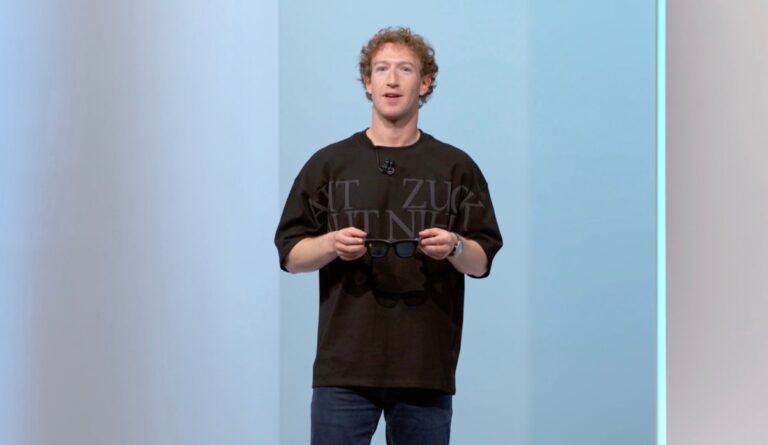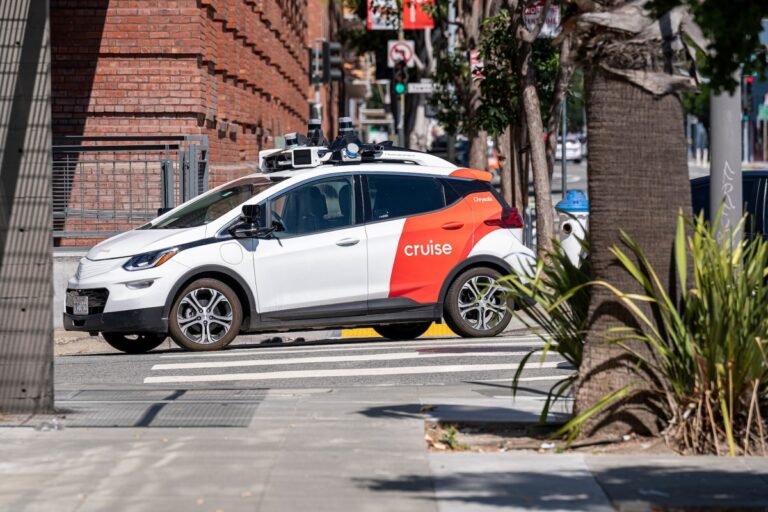Unveiling SpaceX’s Secret Backdoor: What Chinese Investment Means for the Future of Space Exploration
Elon Musk’s rocket company SpaceX has recently made headlines as it allows Chinese investors to acquire stakes, provided that the funds are funneled through offshore locations such as the Cayman Islands. This revelation raises significant national security concerns, especially given SpaceX’s role as a defense contractor for the Pentagon.
Investment Concerns and National Security
As a key player in sensitive projects, including the construction of classified spy satellite networks, SpaceX’s acceptance of Chinese investment could potentially provide foreign adversaries access to critical military technology and intelligence. This situation prompts a closer examination of Musk’s connections with China.
Musk’s Engagement with China
Elon Musk has maintained a complex relationship with Chinese officials, often discussing his business ventures. Notably, Tesla’s Shanghai gigafactory is responsible for producing about half of the company’s vehicles, highlighting China’s significant (albeit decreasing) influence on Tesla’s sales.
The details surrounding SpaceX’s investment practices came to light during a corporate dispute in Delaware, where Bret Johnsen, the company’s CFO, and major investor Iqbaljit Kahlon, provided testimony. The dispute revolved around a failed 2021 agreement with a Chinese firm that aimed to invest $50 million in SpaceX stock.
Controversial Investment Strategies
After the news of the proposed investment surfaced, SpaceX executives opted to withdraw to avoid potential scrutiny from national security regulators. During his testimony, Kahlon mentioned that SpaceX deems it “acceptable” for Chinese investors to acquire stakes through offshore entities, a method often utilized to maintain investor anonymity.
- Potential Concealment: Experts have raised alarms about this practice, suggesting it may indicate SpaceX’s attempts to obscure foreign ownership interests.
- CFIUS Review: Typically, investments from foreign adversaries undergo scrutiny by the Committee on Foreign Investment in the United States (CFIUS), yet there is no public record of SpaceX undergoing such a review.
Regulatory Landscape
While passive and non-controlling investments from foreign entities are generally accepted, the Trump administration emphasized that adversaries like China often employ covert investment strategies to obtain technology and leverage in crucial industries. As a result, such investments typically warrant a thorough vetting process.
TechCrunch has reached out to both CFIUS and SpaceX for further clarification on this matter, but responses have not yet been provided.
Additional Insights
ProPublica’s findings coincide with an investigation by the Financial Times, which revealed that Chinese investors are utilizing special-purpose vehicles to discreetly invest millions into Musk’s ventures, including SpaceX, xAI, and Neuralink.
This ongoing situation underscores the complex interplay between foreign investment and national security, raising questions about the implications of such funding routes for American companies involved in defense and technology.







